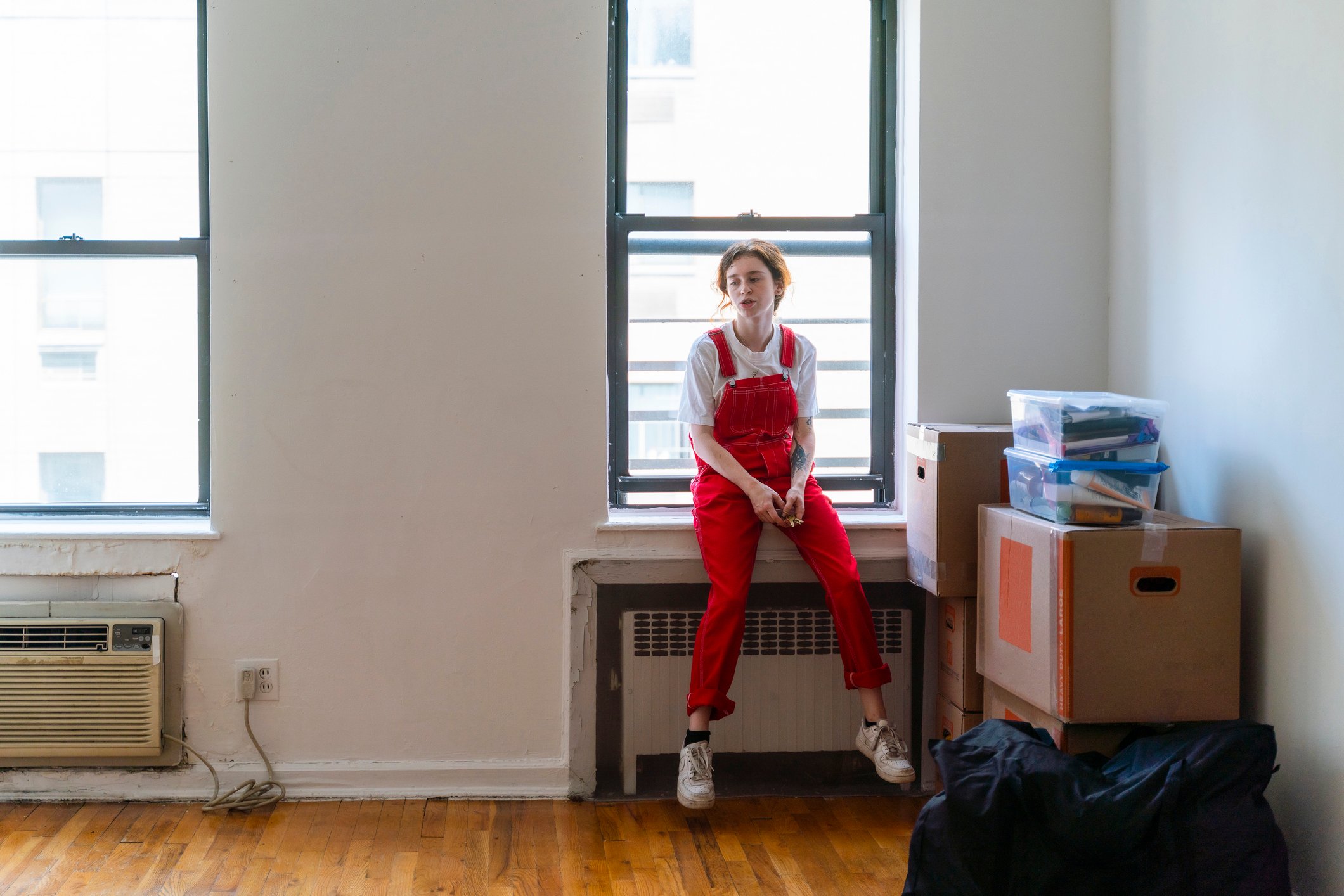Deciding between renting and buying a property in Australia can be tough. The best choice depends on a range of factors that are unique to your financial situation, such as where you live, the current property market, how secure your work is and how much you have saved towards a deposit.
In the end, the best choice for you should be the one that saves you the most money while still allowing you to follow your dreams of property ownership.
Here are some of the pros and cons of buying vs renting property in Australia, so you can make a more informed decision.
Buying a property: Pros and cons
In general, buying can be worth it if your mortgage repayments are equal to (or less than) what you currently pay in rent, particularly if you already have a deposit saved up. In general, you want to have a deposit of at least 20% to avoid additional insurance fees.
When you buy, your money is going toward a valuable asset that you eventually own. But there are downsides.
Getting a deposit together can feel like a Herculean task, especially if you’ve only been in the workforce for a few years. There are assistance programs for first-home buyers if you qualify, but the deposit is just one hurdle. Ongoing maintenance costs and variable interest rates are just a few of the burdens attached to buying.
Pros of buying
- Building wealth. Buying your first property means acquiring an asset that should appreciate over time. You can then reinvest the equity into another property, or pay off the mortgage and live “rent-free”.
- Stability. When you own your home, you are not at the whim of a landlord who may throw you out once your lease expires or decide to bump up the rent to a level that is no longer manageable within your budget.
- Forced saving. Saving up for a deposit and paying off a mortgage gives you a goal to aim towards and requires discipline. Homeownership is, in effect, a forced savings regime and especially benefits those who need a strict structure to save.
- Ability to customize space. When you own your home, you don’t have to worry about getting a landlord’s permission to paint or renovate a bathroom. Plus, if done strategically, renovations can also improve the value of your home.
- Potential income. Depending on your future financial situation, you could rent out the home to provide a secondary source of income.
Cons of buying
- Upfront costs. Buying a property is an expensive undertaking. First, there’s the deposit, which could be up to 20% of the property’s value, depending on your circumstances. Then there’s stamp duty and legal fees, all of which add up, especially if you’re a young first-home buyer.
- Ongoing expenses. Council rates, strata fees, insurance premiums and utility bills are just a few of the ongoing expenses that come with owning a home. Particularly maintenance costs, like appliance repair, which can add up over time. When you rent, the landlord may pay some of these costs for you.
- Potential decrease in value. Buying property is generally a sound investment. But, like all markets, there are swings and roundabouts in the real estate sector. Your property could easily decrease in value, possibly for a period of years, depending on where and when you buy. If the value drops below the amount of your loan, you could end up being “upside down” on your mortgage. This means you owe more than the house is worth, and selling it won’t pay back the loan in full.
- Variable interest rates. Depending on the state of the market, the interest rate on your home loan can increase or decrease after the fixed period is up. If it increases considerably — which is more likely in times of economic uncertainty — you may be left with a much higher mortgage payment.
- Opportunity cost. Having most or all of your money tied up in one property in one location is risky. It also means you could be missing out on better investment opportunities that crop up over the years which you otherwise may have been in a position to benefit from.
Renting a property: Pros and cons
Renting is often described as ‘dead money’ because you fork out hundreds if not thousands of dollars for a home you don’t own. However, renting can be advantageous if the costs are low. You can take the time to save up for a future deposit or a ‘rentvestment’ property.
Pros of renting
- Affordability. It’s not always the case, but renting can be cheaper than paying off a mortgage unless interest rates are very low for an extended period of time. Nor does renting require large deposits or as many upfront costs as buying.
- Flexibility. Renting means you are free of any long-term financial commitment so you can move elsewhere once your lease expires. This offers greater financial freedom and flexibility in the short term.
- Diversify investments. As a renter, you can save the extra money you would be paying on your mortgage and potentially reap higher rewards through a more diversified investment portfolio.
- Minimal upkeep. Maintaining the property is not your problem — your landlord is typically responsible for things like repairs, fees and home insurance.
Cons of renting
- Less security. Renting only gives you a certain amount of security because you can be turfed out at the whim of your landlord once your lease expires.
- Not building an investment. When you rent, your money isn’t going toward anything you own. You are, in effect, helping your landlord to pay off their mortgage.
- No fixed price. Your landlord can bump up your rent at the end of your lease period, which means you have very little price certainty or security. This can be particularly insidious during a period of high rental demand in your area.
- Restrictions on living conditions. You may be restricted in what pets you can keep on the property, as well as what you can do to the home, such as renovations.
Before making a final decision, it’s always a good idea to talk to an expert, such as a financial planner or mortgage broker, about your financial goals and the specifics of your particular case.
DIVE EVEN DEEPER

Rent Assistance: What It Is And How To Get It
If you are struggling to afford rent, you may be eligible for rent assistance from the government.

Are Rent-To-Own Homes Scams?
To avoid rent-to-own home scams, beware of illegitimate sellers, predatory prices, and contracts with hidden fees and nasty surprises.

Is Buying a House With a Friend a Good Idea?
Should you buy a house with a friend? It depends. Involving others often leads to lower costs, but can result in more complications.

9 Tips For Getting a Mortgage When Self-Employed
Self-employed home buyers may spend more time than average demonstrating their ability to meet a lender’s requirements. Here’s how to be prepared.

